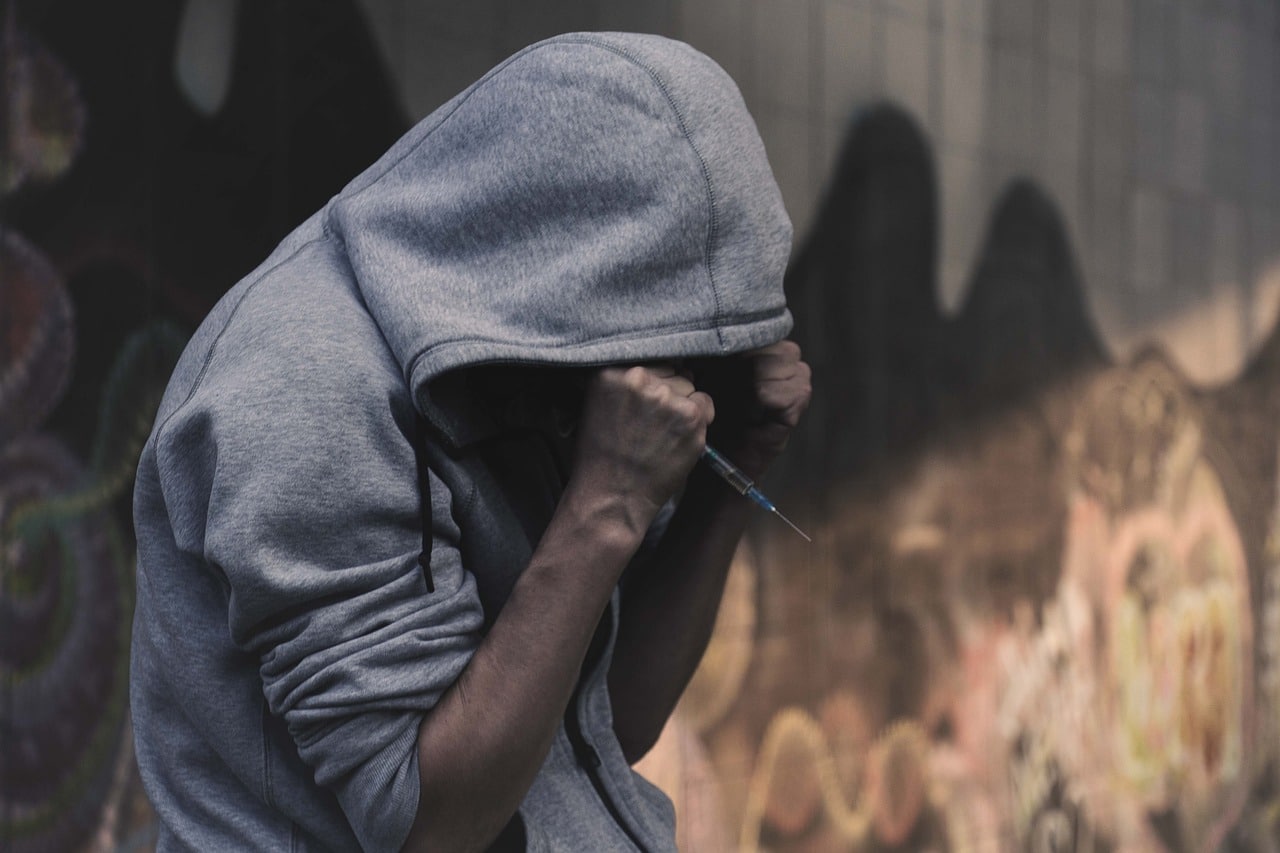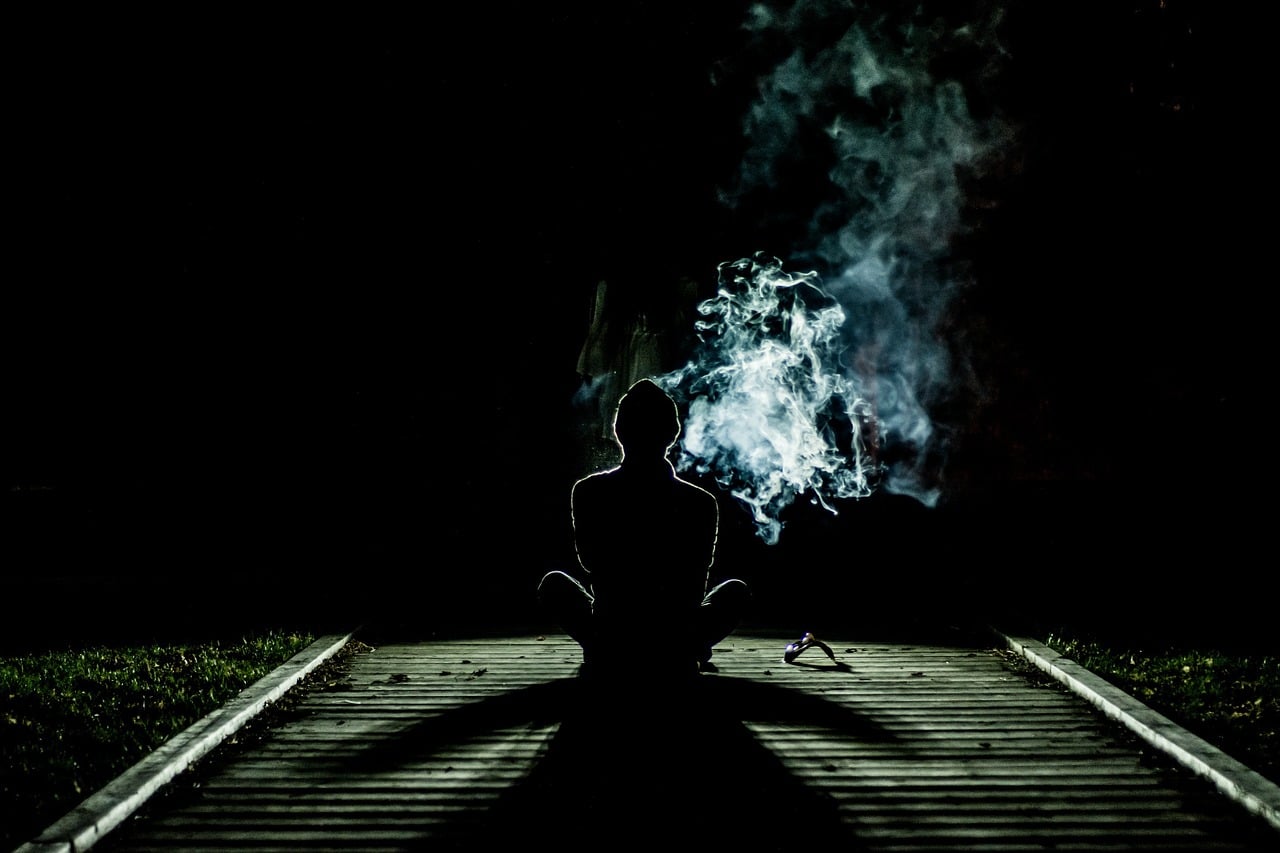About 35% of seniors in high school have smoked pot in the last year, according to The Recovery Village. Nearly a quarter of all American high school students use at least one illegal drug, including opioids, OxyContin, ecstasy, cocaine, LSD, tranquilizers, Adderall, Vicodin, and amphetamines.
About 44% of high school students know at least one person who sells drugs.
No parent wants to see their teen get caught up in drugs, but the reality is that they are out there and easy for your teen to access. What should you do if you think your teen is on drugs?
IMAGE: PIXABAY
It’s not always easy to recognize the signs of addiction, particularly if you have a busy family or your teen spends a lot of time alone. Teens who become addicted to drugs or alcohol may exhibit the following physical and/or behavioral signs.
Physical Signs
- Insomnia
- Red or watery eyes
- Irregular heartbeat
- Flushing or paleness
- Dilated pupils
- Uncharacteristic laziness or hyperactivity
- Loss of physical coordination
Behavioral Signs
- Sudden and unexplainable personality change
- Paranoia
- Loss of interest in hobbies or family activities
- Changes in social circles
- Sudden decline in academic performance
- Frequently unreachable
- Stealing money or prescription drugs
Talk About It & Test Your Teen
If you suspect your teen is using drugs, talk to him or her. Some teens will open up to their parents, especially if they feel guilty or have reached a point where they feel they need help.
But most teens will deny that they’re using drugs and will likely become angry or agitated that you’re making such accusations.
Some parents prefer to find proof of their teen’s drug use before having this discussion. This is a personal decision and one you must make using your own judgment.
Common hiding places for drugs include:
- Desk drawers
- In a potted plant
- Makeup cases
- Under the bed
- Dresser drawers, under or beneath clothes
- Inside empty OTC medicine containers (e.g. Advil or Tylenol)
- Inside soda bottles or empty candy bags
If you do find evidence of drugs in your teen’s room, you may choose to have the substance tested. Along with THC and CBD, many at-home drug testing kits also check for other substances including heroin, MDMA, morphine, codeine, oxycodone and an array of other drugs.
Expect your teen to get angry, but resolve to stay calm if the test does show that the substance is a drug. Before you even have this discussion with your teen, try to think about how you’ll handle the situation in a calm, productive way.
At this stage, you may feel it’s appropriate to lay down the rules and consequences of bringing drugs into the home. Don’t set any rules you can’t enforce, and listen to your teen’s feedback.
Get Your Teen Professional Help
If you think your teen may be addicted to drugs, seek professional help. It can be difficult to reach out for help, but there is no shame in doing so. Recovery and rehab centers can help your teen work towards overcoming addiction. Both inpatient and outpatient options are available. The right option for your teen will depend on the severity of the addition.
If you are interested in even more lifestyle-related articles and information from us here at Bit Rebels then we have a lot to choose from.


COMMENTS